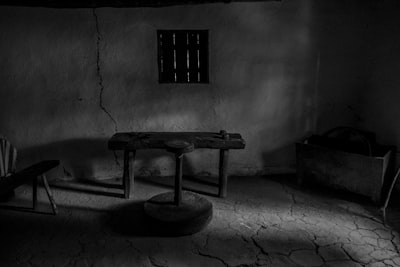Summary
Two East African activists, Boniface Mwangi (Kenya) and Agather Atuhaire (Uganda), have publicly accused Tanzanian authorities of illegal detention, sexual torture, and degrading treatment following their visit in May to support an opposition leader facing treason charges. Their accounts, including forced stripping, physical abuse, sexual assault, and threats, have shocked the region and prompted announcements of legal action in Tanzanian, regional, and international courts. Their case is not isolated, but part of a tightening climate of repression under President Samia Suluhu Hassan, with similar incidents targeting opposition figures, critics, and even vocal members of the clergy.
Analysis
This case is alarming both for its brutality and for the boldness of targeting foreign activists. The allegations, if accurate, reflect a deepening culture of impunity among Tanzanian security agencies, enabled by broad presidential powers and a lack of robust legal protections. The symbolic weight is magnified by the fact that both victims are recognized outside their borders and have platforms to speak out; one received a US Women of Courage award, the other is a prominent activist-photographer. Their high profile, while offering some protection, also highlights the danger facing less visible victims inside Tanzania.
The Tanzanian government’s response—publicly expressing skepticism yet promising investigation—suggests standard crisis management rather than substantive accountability. The ongoing repression (murders, disappearances, deregistering of dissenting religious bodies) points to a larger strategy: the protection of CCM’s electoral dominance, at a time when Suluhu faces her first contested election and the opposition is cut off from participation. This echoes wider continental trends where incumbency is fiercely guarded by coercion and information control, often cloaked in appeals to national security and stability. The intersection of sexual violence with political policing is particularly egregious, raising urgent ethical questions about the normalization of torture as a tool of governance.
Discussion
The case matters not only because of its horror but as a window into how governments weaponize borders and the bodies of activists to silence dissent. The targeting of foreigners signals a regionalization of intimidation: Tanzania is prepared to punish not just its critics, but also their allies in neighboring states—a dangerous precedent for transnational solidarity movements and regional civil society. It also reveals a paradox: high-profile abuses sometimes offer the best hope for accountability, as they attract international attention, but they also risk being brushed aside as exceptions or foreign interference.
The article prompts reflection on the trajectory of post-Magufuli Tanzania, which initially saw President Suluhu welcomed as a moderate reformer. Yet, as is so often the case, early liberalization has reverted to crackdowns as elections near. This pattern—opening, backlash, retreat—is familiar across Africa and beyond, suggesting a cyclical rather than linear path toward democratization.
Critical questions remain: Can international pressure or regional courts meaningfully curb impunity where domestic legal systems are captured? What are the costs—psychological, physical, and political—of bearing witness for survivors? Does “naming and shaming” change anything when rulers view brutality as essential to survival? And what does Tanzania’s slide tell us about the fragility of reform in one-party states?
Ultimately, the activists’ decision to go public is an act of courage, spotlighting the suffering endured by many Tanzanians who cannot speak so freely. Their battle for justice is not only about their own trauma, but about challenging an authoritarian playbook that, if left unchecked, threatens the fabric of east African civil society.

Comments
No comments yet. Be the first to comment!